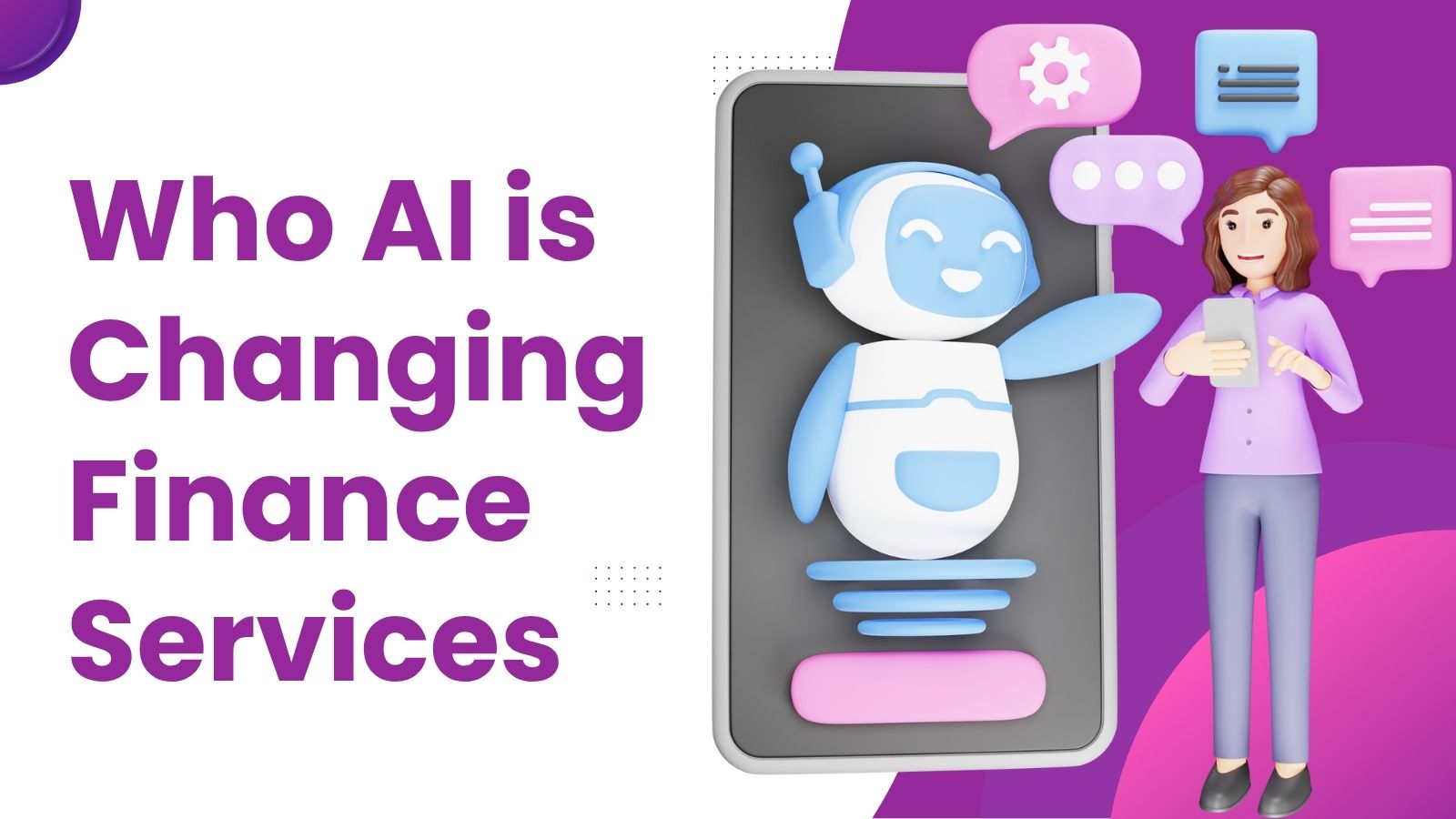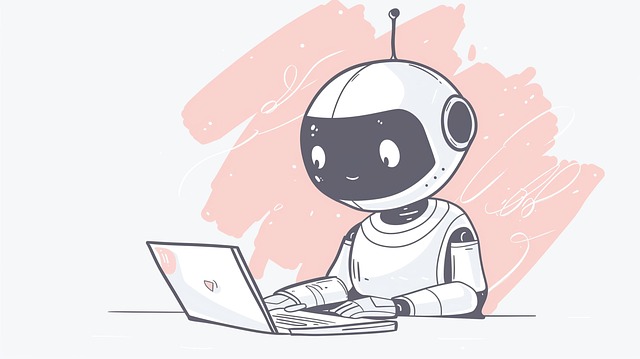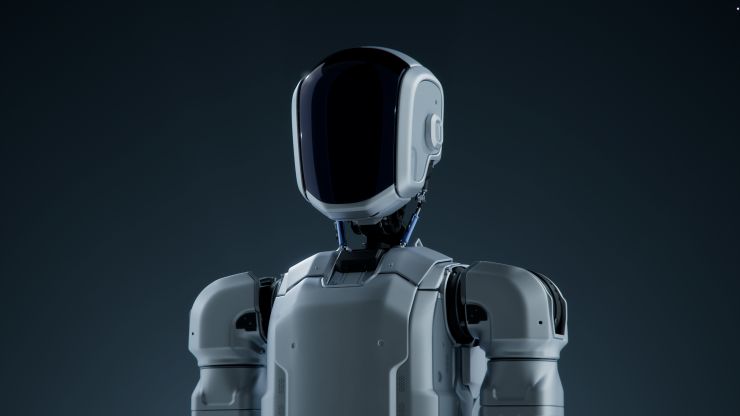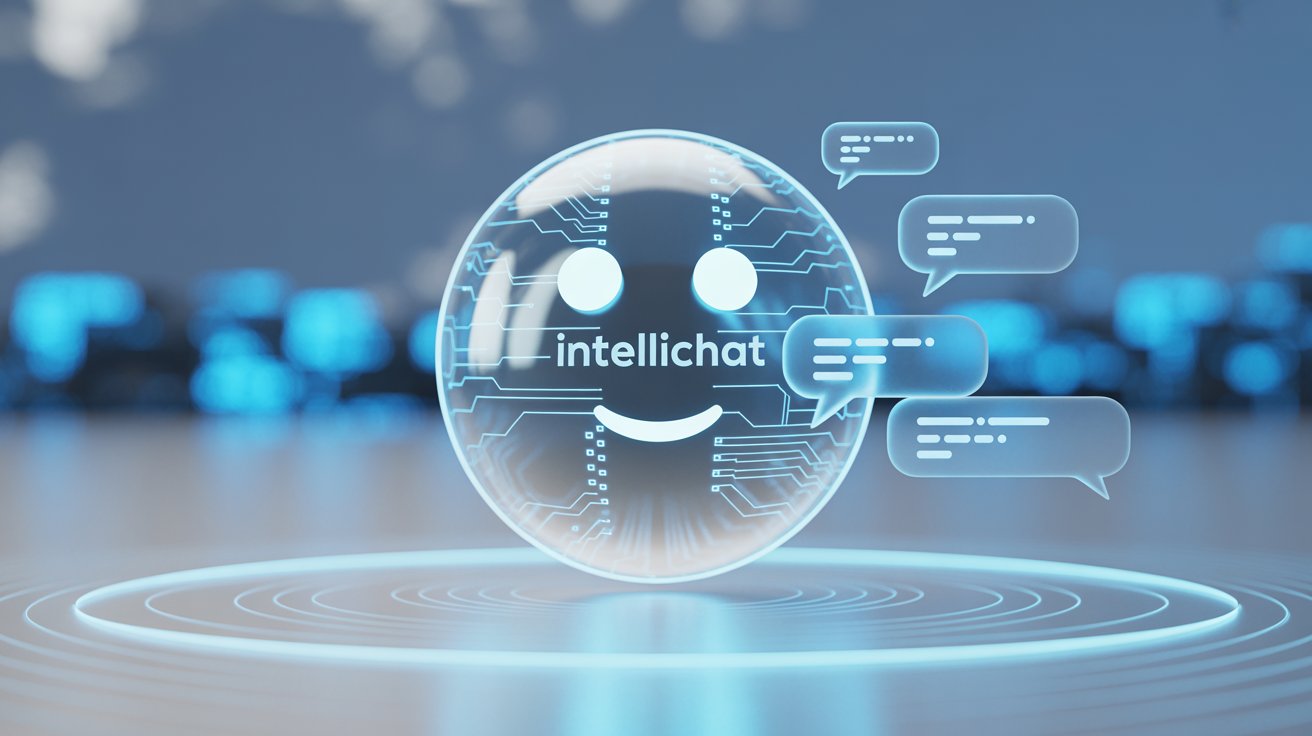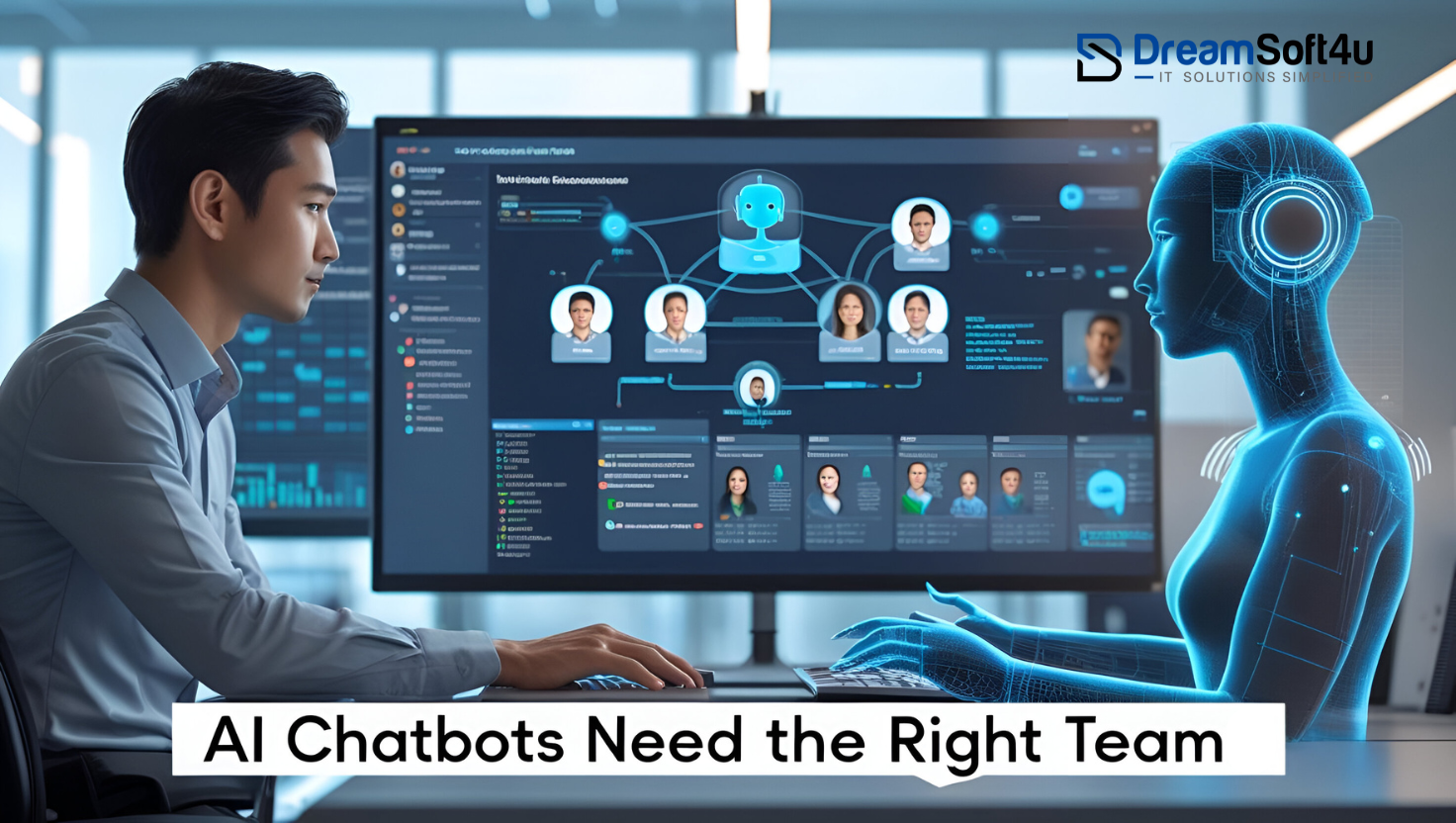How AI Chatbots are Creating New Jobs?
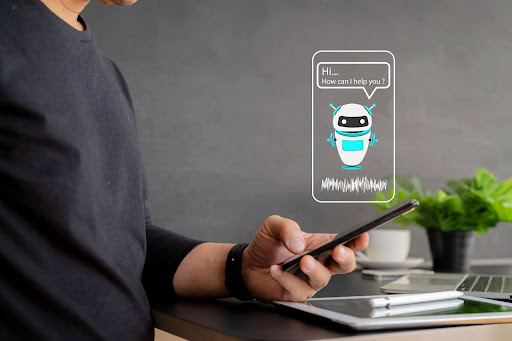
Strong 8k brings an ultra-HD IPTV experience to your living room and your pocket.
In this digital world, you may witness a paradigm shift. Artificial Intelligence is a rapidly transforming industry that automates and streamlines tasks and processes. The emergence of AI chatbots—virtual assistants that can hold conversations, answer queries, and carry out tasks—is one of the most fascinating developments in this field.
✍️ E-commerce platforms are experimenting with upselling bots. See how AI chatbots boost revenue by recommending products, handling abandoned carts, and promoting deals.
While some worry that AI chatbots will eventually replace human workers, the truth is more complex. Here, you will know whether an AI Chatbot will be a threat or an opportunity for humans.
Rise of New Roles
Artificial intelligence (AI) chatbots are great at automating monotonous activities but lack the human touch and flexibility needed in challenging scenarios. This makes room for human knowledge—vital in the rapidly changing field of AI-powered communication. Here's how AI chatbots are propelling the development of fascinating new career opportunities:
Chatbot Development
The development of sophisticated AI Chatbots requires a diverse range of skills. This includes–
Natural Language Processing (NLP) Specialists
These specialists create the chatbot's comprehension and response to human language. They guarantee that the chatbot produces natural responses and appropriately interprets user questions.
Machine Learning Engineers
They create the algorithms that drive the chatbot's capacity for inference and learning. The chatbot may be trained on large datasets by machine learning specialists, enabling it to perform better over time.
Conversational Designers
These experts design the chatbot's dialogue flow to ensure it leads users smoothly to their objectives. By creating user-friendly and interesting interactions, they put the user experience first.
UI/UX Designers
The chatbot's visual components and overall user experience are designed by the user interface (UI) and user experience (UX) designers. They make sure the chatbot is aesthetically pleasing, approachable, and user-friendly.
Chatbot Training and Maintenance
Chatbots need constant maintenance and training when they are installed to work properly. This creates opportunities for new roles like:
Chatbot Trainers
By providing fresh data to the chatbot and keeping an eye on its performance, these experts can continuously train and improve it. To achieve the best outcomes, they pinpoint areas that need work and modify the chatbot's algorithms.
Content Specialist
It is critical to keep the chatbot's information accurate and interesting. Content professionals create, update, and improve the chatbot's responses, scripts, and knowledge base.
Data Analysts
Maintaining accurate and engaging content for the chatbot is essential. Content experts develop, update, and enhance the chatbot's responses, scripts, and knowledge base.
Human Touch in the AI Age
AI chatbots' ability to comprehend and respond to human demands will determine their success. This calls for more than simply technical know-how. This is where human abilities are most useful:
Copywriters and Storytellers
Copywriters with experience crafting compelling and educational content for chatbot conversations are essential. They make sure the chatbot speaks in a way that appeals to the intended audience and is clear, succinct, and understandable.
Psychologists and Behavioral Scientist
For chatbots to be designed effectively, it is essential to comprehend user behavior and motivations. Behavioral scientists and psychologists can offer insightful information on how people engage with chatbots, which can enhance user experiences.
Customer Service Specialists
AI chatbots will handle first contacts, but human customer care representatives will still be essential for complicated questions or circumstances needing compassion and individualized care.
Humans and AI Chatbots Working Together
AI chatbots are not intended to replace human communication completely. Instead, they have the potential to completely transform how people work by automating repetitive jobs and freeing us up to concentrate on more important work. The future of employment could look like this:
Increased Efficiency and Productivity
Chatbots can handle routine jobs like making appointments or responding to often requested queries, freeing human workers to work on more intricate, imaginative, and strategic projects.
Personalized Customer Service
While human customer service personnel can devote time to addressing complex issues and developing deeper client relationships, AI chatbots can offer round-the-clock customer help.
Enhance Data-driven Decision Making
AI chatbots may gather and analyze large volumes of user data, providing insightful information that human workers can utilize to optimize workflows and make well-informed decisions.
Conclusion
The emergence of AI chatbots presents a chance for human-AI cooperation rather than a reason for concern. Chatbots automate monotonous chores but also create new jobs in content production, training, and development.
Customer service representatives, copywriters, and psychologists will be essential in creating compelling chatbot encounters and adding a human touch when required.
Note: IndiBlogHub features both user-submitted and editorial content. We do not verify third-party contributions. Read our Disclaimer and Privacy Policyfor details.



